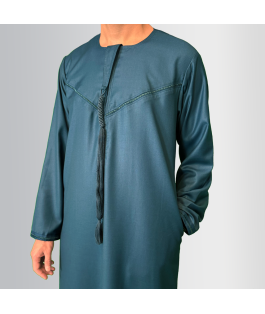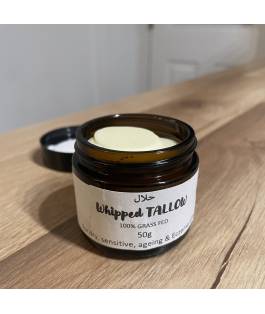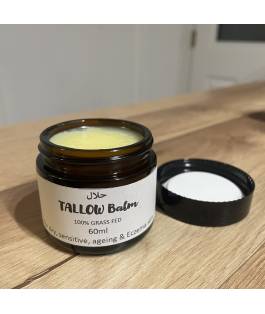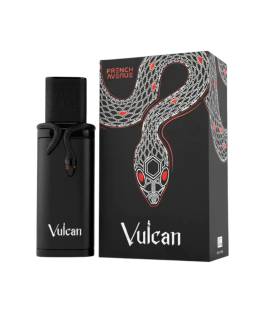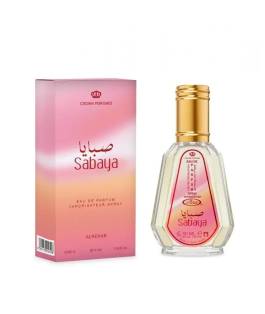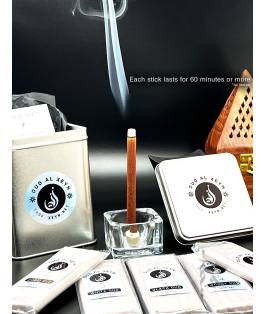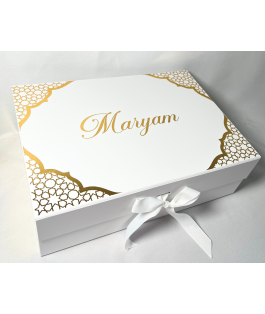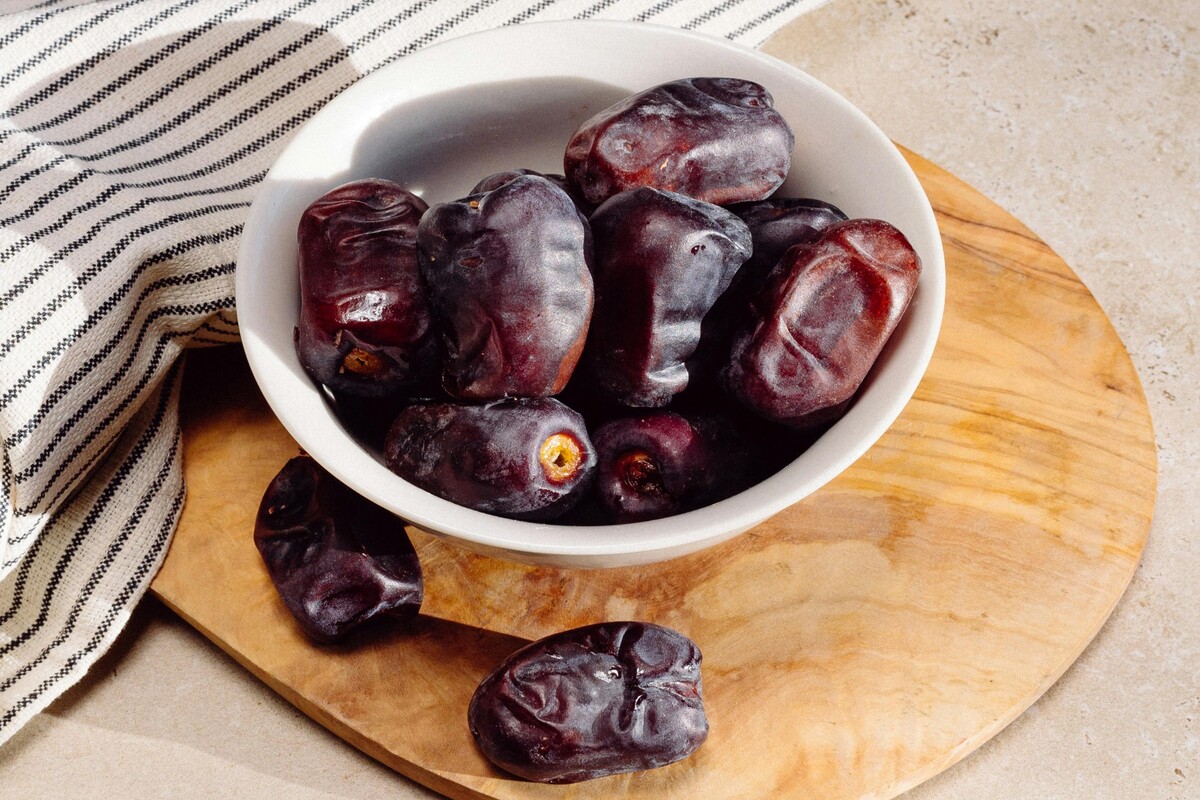The global halal economy is expanding rapidly, projected to reach $7.7 trillion by 2025. This growth presents numerous opportunities for entrepreneurs to launch businesses that align with Islamic principles. Here are 6 promising Islamic business ideas to consider in 2025:
1. Halal Meal Prep and Delivery Services

Overview: With busy lifestyles, many Muslims seek convenient, halal-certified meal options. A halal meal prep service can cater to professionals, students, and families by offering ready-to-eat meals that adhere to Islamic dietary laws. Incorporating dietary preferences like keto or gluten-free can broaden your customer base.
Why It’s Ideal: The global halal food market is anticipated to reach USD 3.97 billion by 2034, reflecting increasing demand for halal products.
How to Start:
a. Validate demand locally through surveys in Muslim WhatsApp groups, mosques, and Islamic community centres. Understand meal preferences, price sensitivity, and delivery expectations.
b. Partner with halal-certified suppliers, including local butchers, wholesalers, and farmers. Ensure all meat is dhabiha and all ingredients are free from alcohol and haram additives.
c. Start small with a limited menu (e.g. 3-5 meals per week), and offer weekly or monthly subscription plans via a basic Shopify or Wix site.
d. Use social proof - offer free trials to 10–20 people in exchange for reviews, photos, or testimonials. This builds trust in a new halal food brand.
e. Work with Muslim influencers or Islamic parenting bloggers for promotion. Platforms like Instagram, TikTok, and even LinkedIn can work well for this niche.
Islamic Principle: Ensure income comes from halal-certified sources only and avoid interest-bearing loans in your financing model.
2. Halal Skincare and Cosmetics

Overview: The halal beauty market is booming, especially in the Gulf region, expected to reach $60 billion by 2025. Launching a skincare line free from alcohol and animal-derived ingredients can tap into this demand. Emphasising organic and ethical sourcing can further attract health-conscious consumers.
Why It’s Ideal: The global halal cosmetics market is projected to reach USD 137 billion by 2033.
How to Start:
a. Start by white-labelling: Instead of manufacturing from scratch, partner with existing halal-certified manufacturers to rebrand their products under your label. This lowers upfront costs.
b. Obtain halal certification through recognised authorities like the Halal Certification Authority or the Islamic Food and Nutrition Council of America (IFANCA).
c. Create a simple brand story that focuses on purity, natural ingredients, and modest beauty. Highlight wudhu-safe makeup and cruelty-free practices.
d. Sell through Instagram shops, TikTok shops, and marketplaces like Riwaya or Etsy. Bundle products as gift sets for Eid, weddings, or self-care packages.
e. Include educational content, blogs on ingredients, demo videos, and skincare routines, to build trust and position yourself as a halal beauty expert.
Islamic Principle: Avoid riba-based financing and ensure all supply chain partners also comply with halal standards.
3. Halal Food Trucks and Cloud Kitchens

Overview: Mobile halal food services cater to urban Muslims seeking diverse, quick meal options. Specialising in fusion cuisines or traditional dishes can set your business apart. Operating as a cloud kitchen reduces overhead costs and allows focus on delivery and takeout services.
Why It’s Ideal: The flexibility and lower startup costs make it accessible for new entrepreneurs.
How to Start:
a. Choose a strong location: High footfall areas near universities, mosques, or business parks work best. Alternatively, a cloud kitchen model focuses entirely on food delivery.
b. Use platforms like Uber Eats, Deliveroo, and Just Eat, but also have your own branded website for direct orders to save on commission.
c. Focus on a signature dish - whether it’s halal Korean fried chicken, birria tacos, or halal vegan wraps. Simplicity wins.
d. Run weekend-only pop-ups to test your concept and build hype before investing heavily in a truck or rental kitchen space.
e. Use geo-targeted Instagram ads to promote deals to local customers in your delivery zone.
Islamic Principle: Ensure all food is slaughtered and prepared in accordance with halal laws and avoid selling items with haram sauces or ingredients.
4. Halal Baby Products

Overview: Muslim parents are increasingly seeking halal-certified products for their children, including baby food, formula, and personal care items. Providing organic and ethically sourced options can appeal to this market segment.
Why It’s Ideal: The global halal baby food market is growing, driven by demand for safe and religiously compliant products.
How to Start:
a. Start with one or two core products, like halal baby food pouches or natural baby lotion. Get feedback and iterate before expanding your range.
b. Ensure halal certification and organic credentials. Partner with contract manufacturers to avoid the high cost of in-house production.
c. Sell via marketplaces (Riwaya, Amazon) and direct-to-consumer websites. Set up a monthly subscription box for new mums.
d. Collaborate with Islamic parenting bloggers, doulas, and Muslim mum influencers to build credibility.
e. Attend halal trade expos or Islamic baby fairs to build B2B connections with retailers and suppliers.
Islamic Principle: Prioritise the health and safety of children while following halal compliance in sourcing and manufacturing.
5. Islamic Education and Tutoring Services

Overview: The demand for quality Islamic education is high. Offering Quran classes, Islamic studies tutoring, or online courses can be both fulfilling and profitable. Utilising platforms like Zoom allows you to reach a global audience.
Why It’s Ideal: The success of apps like Niyyah, which offers daily Islamic lessons, indicates a strong market.
How to Start:
a. Start by specialising - offer beginner-level Quran recitation classes or Islamic studies for kids aged 5-10. Build a reputation in one area before scaling.
b. Use Zoom or Google Meet to run live classes, and platforms like Thinkific or Teachable to offer pre-recorded modules.
c. Create structured lesson plans and progress trackers so parents can monitor their child’s development.
d. Offer trial lessons or group pricing to encourage sign-ups from siblings or cousins.
e. Register your platform with Islamic schools or mosques to promote your service as an after-school or weekend programme.
Islamic Principle: Teaching the Quran and Islam is a source of sadaqah jariyah (ongoing charity). Always ensure knowledge is conveyed accurately, and instructors are properly vetted.
6. Modest Swimwear Brand for Muslim Women

Overview: Modest swimwear is gaining popularity among Muslim women who wish to enjoy water activities while observing hijab. The demand for fashionable, full-coverage swimwear continues to grow, especially from the UK and US markets.
Why It’s Ideal: The global swimwear market is projected to be worth USD 30.59 billion by 2032, and niche modestwear brands are carving out their share.
How to Start:
a. Partner with modest fashion designers or freelancers to create inclusive, flattering designs.
b. Use performance swim fabrics that are UV-protective, chlorine-resistant, and quick-drying. Comfort is key.
c. Offer a size-inclusive range, and feature models of different body types in your marketing.
d. Sell on platforms like Riwaya, your own Shopify store, or modest fashion marketplaces.
e. Launch collections before summer, Eid, or Umrah/Hajj seasons, when swimwear is in high demand.
Islamic Principle: Ensure your marketing remains modest and respectful, focusing on empowerment and comfort rather than sensuality.
How Does Riwaya Help?
At Riwaya, we make it easy for Muslim entrepreneurs to bring their ideas to life. Whether you’re just starting out or already have a product, Riwaya gives you the platform to showcase your business to a dedicated Muslim audience across the UK.
We are the UK’s fastest-growing Islamic marketplace, built to connect Muslim shoppers with meaningful, high-quality products that reflect their values. From modest fashion to halal beauty, Islamic gifts to home decor, Riwaya is where the community comes to shop with purpose.
Getting started is simple:
Choose your niche, create your products, and list them on Riwaya for free. That’s it. We handle the rest. From digital marketing to SEO, we make sure your products get the visibility they deserve.
So if you’ve been dreaming of starting your own business, now is the time. Let Riwaya help you grow in a way that aligns with your faith.
Start your journey with Riwaya today.
Conclusion
The halal economy offers diverse opportunities for entrepreneurs in 2025. By aligning your business with Islamic principles and catering to the needs of the Muslim community, you can build a venture that's both profitable and purposeful.

































